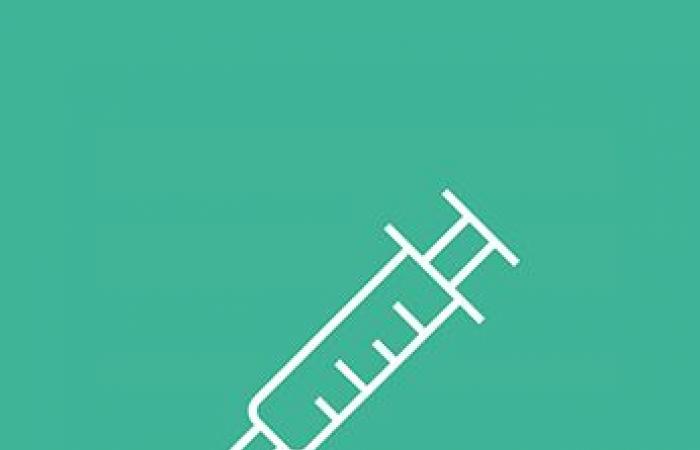The targets of the Covid-19 vaccination campaign are as follows:
- all persons aged 65 and over;
- people aged 6 months or more with comorbidities at higher risk of severe disease (complicated high blood pressure, chronic heart, vascular, liver, kidney, lung diseases, diabetes, obesity, cancers, people who have undergone a solid organ or hematopoietic stem cell transplant, people with Down’s syndrome or psychiatric disorders or dementia);
- immunocompromised people;
- pregnant women;
- residents in residential care facilities for dependent elderly people (EHPAD) and long-term care units (USLD);
- people at very high risk of serious illness depending on each individual medical situation and as part of a decision shared with the care teams;
- people living in the vicinity of or in regular contact with immunocompromised or vulnerable people, including professionals in the health and social care sectors.
These populations are eligible from 6 months after their last Covid-19 infection or vaccine injection. This period is reduced to 3 months for immunocompromised people and people aged 80 years or older, due to their immune deficiency, responsible for a lower rate and a more rapid decline of neutralising antibodies.
However, anyone wishing to be vaccinated, even if they are not part of the target group, can receive an injection against Covid-19.
For this campaign, Vaccines adapted to the JN.1 variant will be used. The next order session will open on Monday, September 23 in the morning and will end on Tuesday, September 24 at 11 p.m. We invite you to place your order with your reference pharmacies.
For more details regarding the technical modalities of this campaign, please refer to the DGS-Urgent complete.






